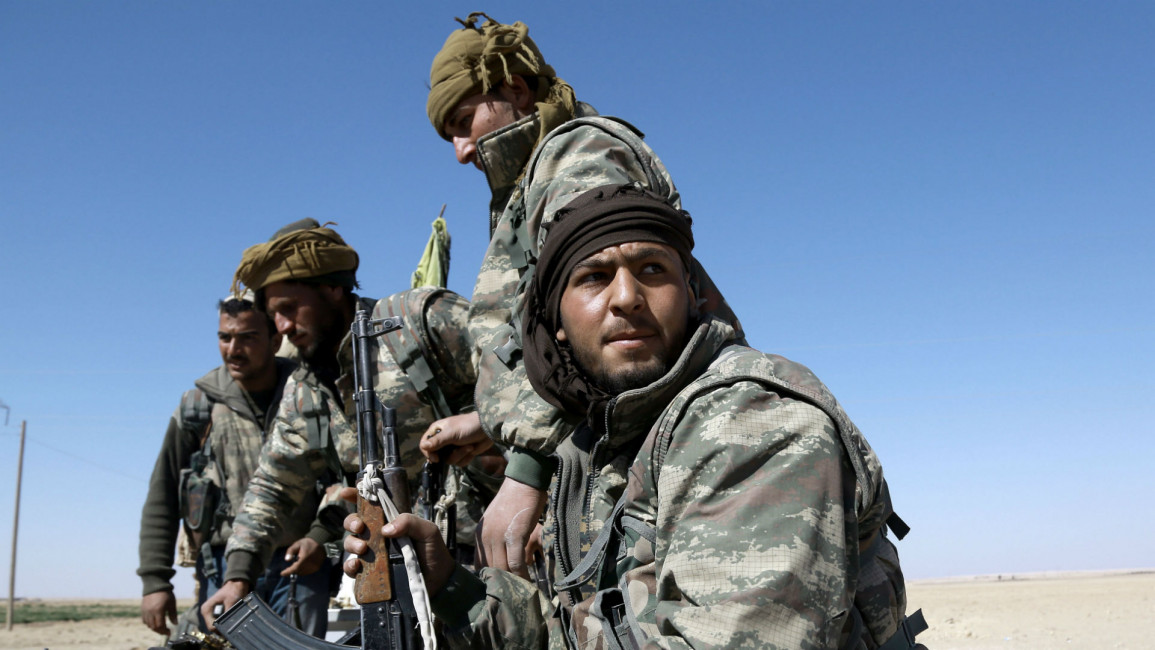US-backed Syrian militia cuts supply route to IS-held Raqqa
US-backed forces in Syria cut off a key supply route between the Islamic State group's stronghold Raqqa and its territory in Deir ez-Zor province on Monday, according to a monitoring group.
The Syrian Democratic Forces (SDF), an alliance of Kurdish and Arab fighters, seized control of the only major road linking Raqqa along the Euphrates valley to Deir ez-Zor, the Syrian Observatory for Human Rights monitoring group said.
"The route... linking Raqqa to Deir ez-Zor was cut this morning," an SDF commander confirmed.
The SDF launched its offensive for Raqqa - the de facto Syrian capital of IS's so-called caliphate - in early November and has since seized swathes of territory in northern Syria from the militants.
Its forces made a major incursion into the oil-rich Deir ez-Zor province last month, in a drive to encircle and besiege the militants in Raqqa.
Deir ez-Zor province lies just east of Raqqa and is almost completely held by IS. The militants also hold most of the provincial capital of the same name, and have been battling regime forces to overrun the city.
 |
The imminent offensive on the IS self-declared capital Raqqa involves a tricky balancing act between Washington's Kurdish and Turkish allies |  |
The SDF alliance, dominated by the Kurdish People's Protection Units (YPG), has benefitted from air support, equipment and training provided by the US-led coalition that has been carrying out air strikes against IS in Syria and neighbouring Iraq since 2014.
On Sunday, the Pentagon revealed plans for the imminent offensive on the IS self-declared capital Raqqa which involve a tricky balancing act between Washington's Kurdish and Turkish allies.
The proposal, which would ease restrictions on US engagement that were in place under Barack Obama, calls for increased special forces operations, artillery, attack helicopters and supplies to allies on the ground for the offensive in eastern Syria.
Military officials planning the assault have proposed that a cap be lifted on the size of the US military contingent in Syria, which is currently comprised of 500 special operations advisors and trainers.
An increase in this contingent would give Washington greater control over decision making on the ground without directly engaging in combat.



